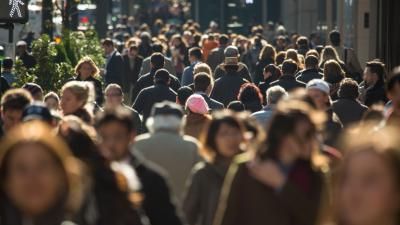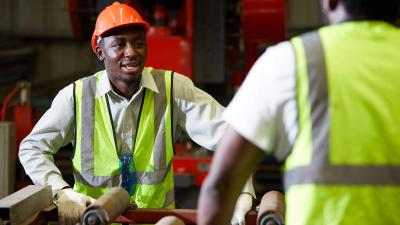Whether it’s a community deciding if they should evacuate due to a potential volcanic eruption or an individual considering if that new diet is right for them, everyone makes decisions involving risk. At Risk know-how, we work with hundreds of communities around the world to empower them to make informed decisions about risk and to have the know-how to weigh-up trade-offs.
The Risk know-how initiative was developed out of an awareness that there’s often a gap between what communities need and what information providers deliver. An urge to oversimplify information or coerce communities into a particular response can often backfire and lead to a breakdown in trust. We recognise that communities are the experts of their own context and are best placed to consider their circumstances when making risk decisions.
“Risk know-how to me means being able to absorb information and take what I need from that to make decisions that I feel confident with.” Sarah Whitaker, USA, Outdoor Educator
Central to our work is the Risk know-how Framework, a first-of-its-kind set of concepts which captures what communities and individuals need to understand to make informed decisions about risk. It was created with the input of academics and communities, and each concept is set out with relatable examples and linked to useful resources on the Risk know-how platform.
The Framework is applicable in any context or location, and we have translated it into Mandarin, Spanish and French so it’s accessible to more communities. Different communities have also shared their stories of how they use concepts from the Framework.
As the initiative grows, we continue to add more materials to our worldwide risk resources bank. This already includes innovative resources developed by the Winton Centre for Risk and Evidence Communication in Cambridge and the Harding Center for Risk Literacy in Potsdam. These include video and text-based resources tackling topics like correlation vs causation, hazard ratios, health literacy, uncertainty and more.
If you want us to host a case study of your work helping your community understand risk or have any relevant resources, please get in touch with us via our website. We’re keen to feature more voices explaining firsthand what it means for communities to understand and respond to risks they face.
Risk know-how is an international partnership between Sense about Science, the Institute for the Public Understanding of Risk at the National University of Singapore and Lloyd’s Register Foundation.




